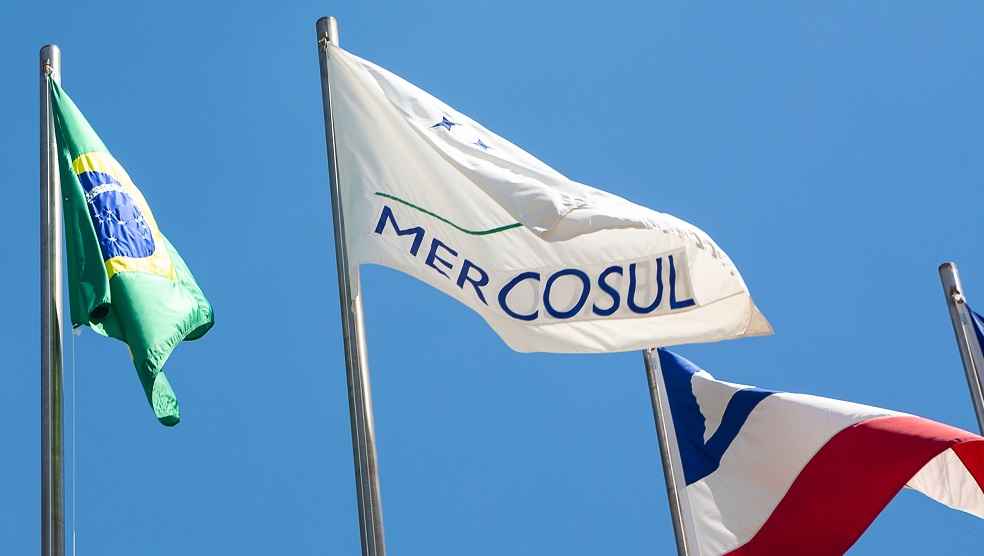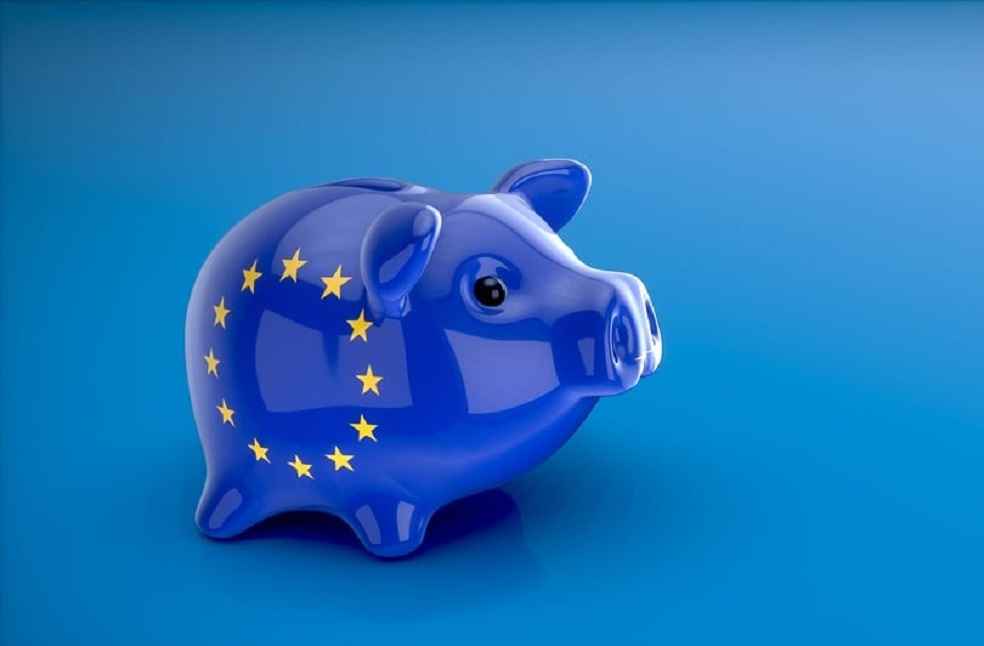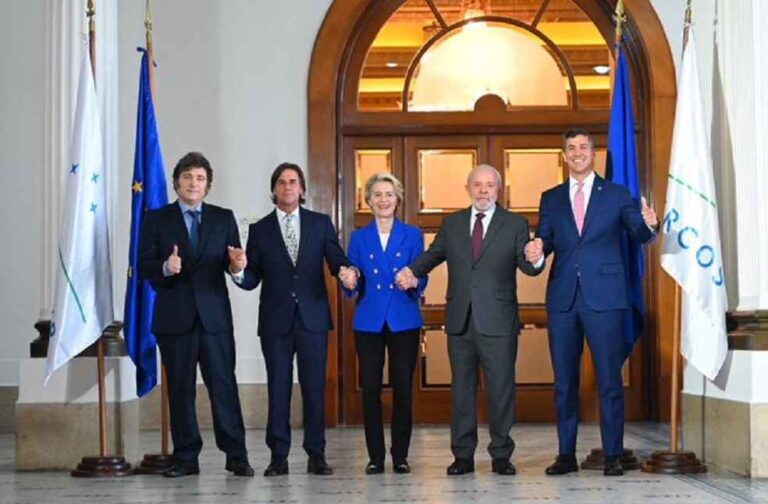The European Union (EU) has finalised a free trade agreement with the Mercosur bloc, comprising Argentina, Brazil, Paraguay, and Uruguay, marking the culmination of 25 years of protracted negotiations. The deal was formally announced on Friday, December 6, during a summit in Montevideo attended by European Commission President Ursula von der Leyen and the leaders of Mercosur nations.
“Today marks a truly historic milestone,” said von der Leyen. “This agreement is not only an economic opportunity but a political necessity, showcasing openness and cooperation in a divided world.” The EU’s chief diplomat, Kaja Kallas, lauded the deal as “good foreign policy” and a significant achievement for both the EU and its Latin American partners.
The agreement establishes one of the world’s largest free trade areas, eliminating tariffs on 91% of EU exports to Mercosur countries and 92% of Mercosur exports to the EU. Key EU industries, including automotive, machinery, chemicals, and pharmaceuticals, stand to benefit, while Mercosur nations will see expanded access to EU markets for agricultural products such as wine, spirits, and olive oil.

In 2023, trade between the EU and Mercosur countries reached €109.4 billion, with EU exports totaling €55.7 billion and imports from Mercosur amounting to €53.7 billion. The deal also aims to address geopolitical tensions by diversifying trade relations amid strained ties with the US and China.
Germany, a leading EU export powerhouse, has pushed for swift implementation of the agreement, suggesting a phased ratification to expedite key components like tariffs and import quotas. However, France, Poland, and other member states have voiced concerns over environmental standards and potential harm to European farmers, leading to resistance in finalising the deal.
Despite the breakthrough, the agreement faces significant hurdles. Critics argue that the environmental standards of Mercosur countries lag behind those of the EU, creating unfair competition for European farmers. France, a long-time opponent of the deal, recently experienced political turbulence with the resignation of Prime Minister Michel Barnier, complicating its ability to mobilise opposition.

Italy has also expressed reservations, stating that “conditions are not in place” for ratification without safeguards for the agricultural sector. Meanwhile, the European Commission has remained firm, with a senior official stating, “The text cannot be changed. Our job now is to explain the negotiated terms clearly.”
The deal’s ratification process requires approval by EU member states and the European Parliament. While some nations are attempting to form a “blocking minority” against the agreement, the European Commission has emphasised that the current text represents the best possible outcome.
“This is not the end of a process; it is the start of a process,” Commission spokesperson Olof Gill noted, underscoring the long road ahead for final ratification.
LOGISTICS INDUSTRY | Longer Shipping Routes Disrupt Global Trade, Hit Indian Exports: Piyush Goyal



